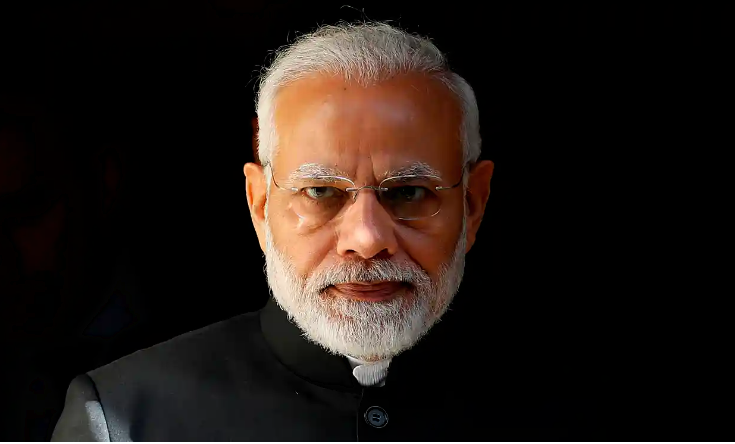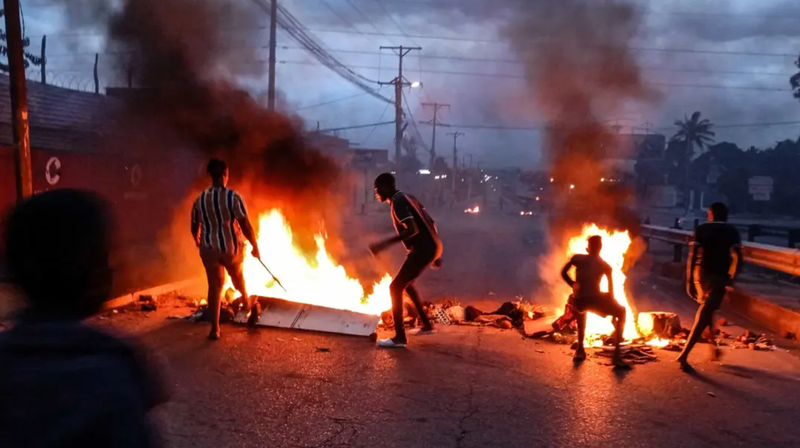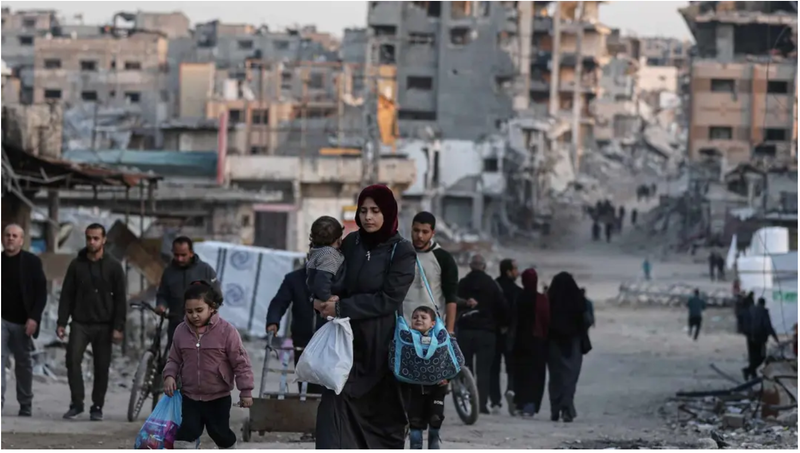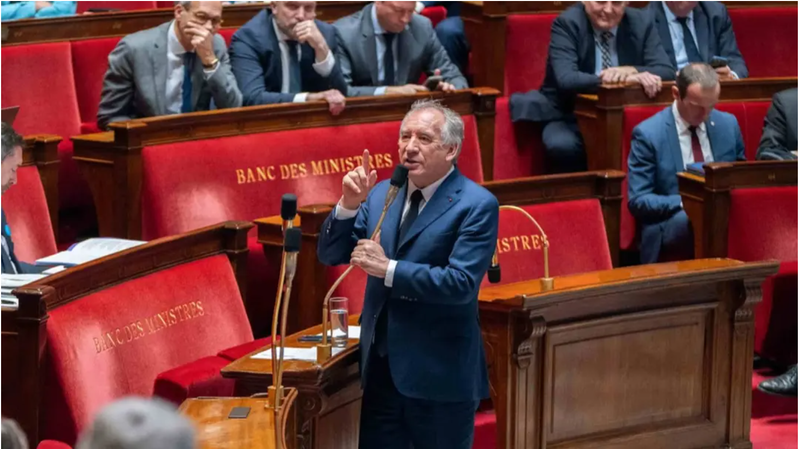India Calls Film on Modi's Role in Gujarat Riots 'Propaganda'
The Indian government on Thursday termed a BBC documentary on Prime Minister Narendra Modi — which reportedly questions his leadership during the 2002 Gujarat riots — a "propaganda piece" designed to push a "discredited narrative."

Facts
- The Indian government on Thursday termed a BBC documentary on Prime Minister Narendra Modi — which reportedly questions his leadership during the 2002 Gujarat riots — a "propaganda piece" designed to push a "discredited narrative."1
- Dismissing the documentary as biased and reflecting a "continuing colonial mindset," India's foreign ministry questioned "the purpose of the exercise," condemning the film's alleged hidden agenda.2
- The makers said the BBC's two-part series, titled "India: The Modi Question," states it examines "the tensions between Prime Minister Modi and the country’s Muslim minority" as well as investigating claims about his role in the 2002 communal violence that reportedly left over a thousand dead.3
- Meanwhile, British Prime Minister Rishi Sunak reacted to the documentary, stating in the British Parliament that he "doesn't agree with the characterization" of Modi.4
- The BBC maintains the documentary was "rigorously researched according to highest editorial standards" and involved multiple voices and opinions — including responses from Modi's party leaders.5
- Modi, who was Gujarat's chief minister then, is blamed for doing little to stop the sectarian violence in 2002, whose victims were primarily Muslims. Modi denied the allegations, which were later dismissed by India's Supreme Court.6
Sources: 1OpIndia, 2DAWN, 3The Wire (a), 4NDTV, 5The Wire (b), and 6Bloomberg.
Narratives
- Narrative A, as provided by Indian Express. This documentary can potentially jeopardize diplomatic relations between India and the UK at a crucial political juncture in either democracy. The BBC — which enjoys significant clout with British administrative and quasi-state authorities — must be held accountable for character-assassinating a democratically-elected leader, questioning the independent investigative agencies, and casting aspersions on the institutional integrity of the Supreme Court of India.
- Narrative B, as provided by The Wire. As Gujarat's chief minister, Narendra Modi was directly responsible for halting or abetting the riots. Unfortunately, he didn't bat an eyelid as thousands of innocents were persecuted on the streets. The climate of impunity created by the state government propelled the rioters to lynch Muslims indiscriminately. Modi may not have had a direct role in the mass killings, but concerningly, the prime minister still chooses to look the other way as his supporters intensify the calls to turn the country into an exclusive Hindu state.






